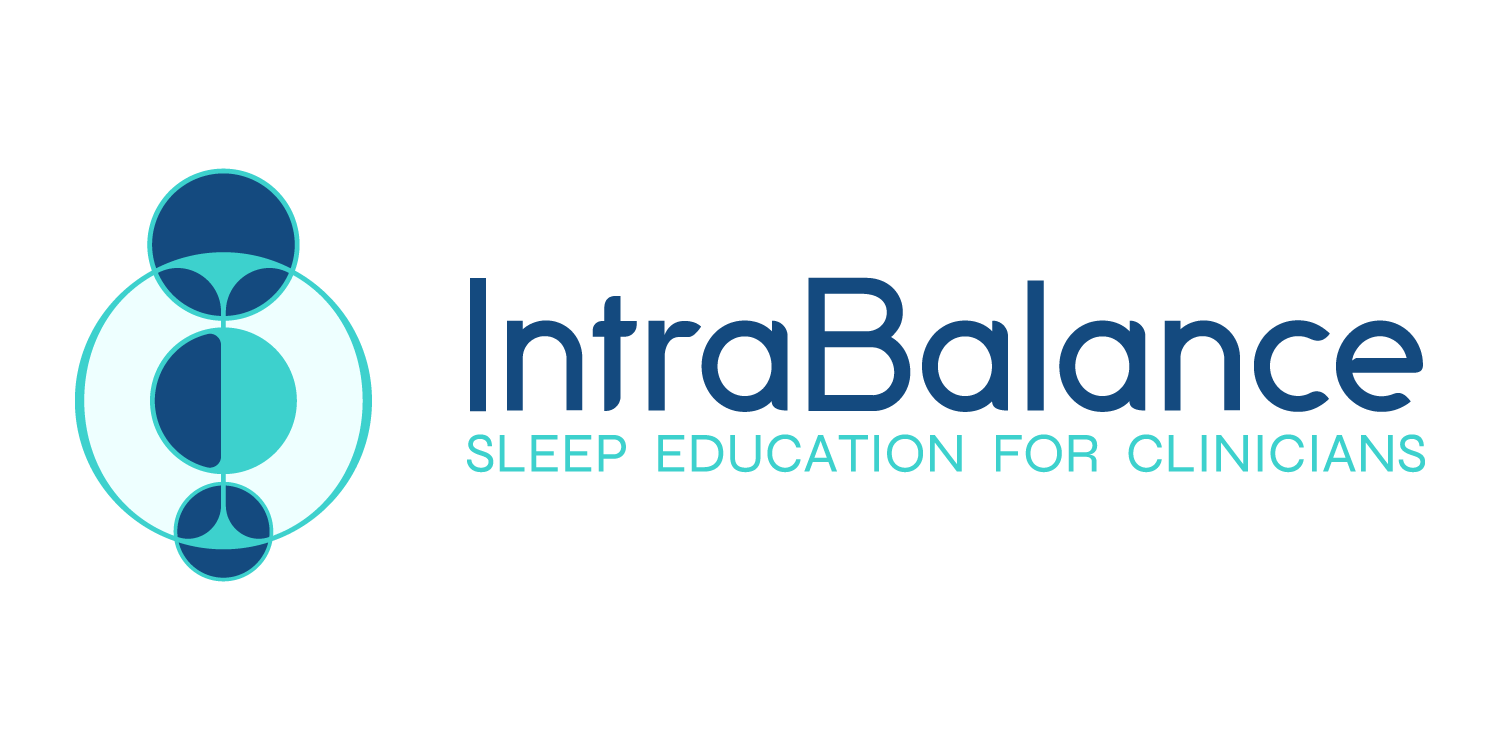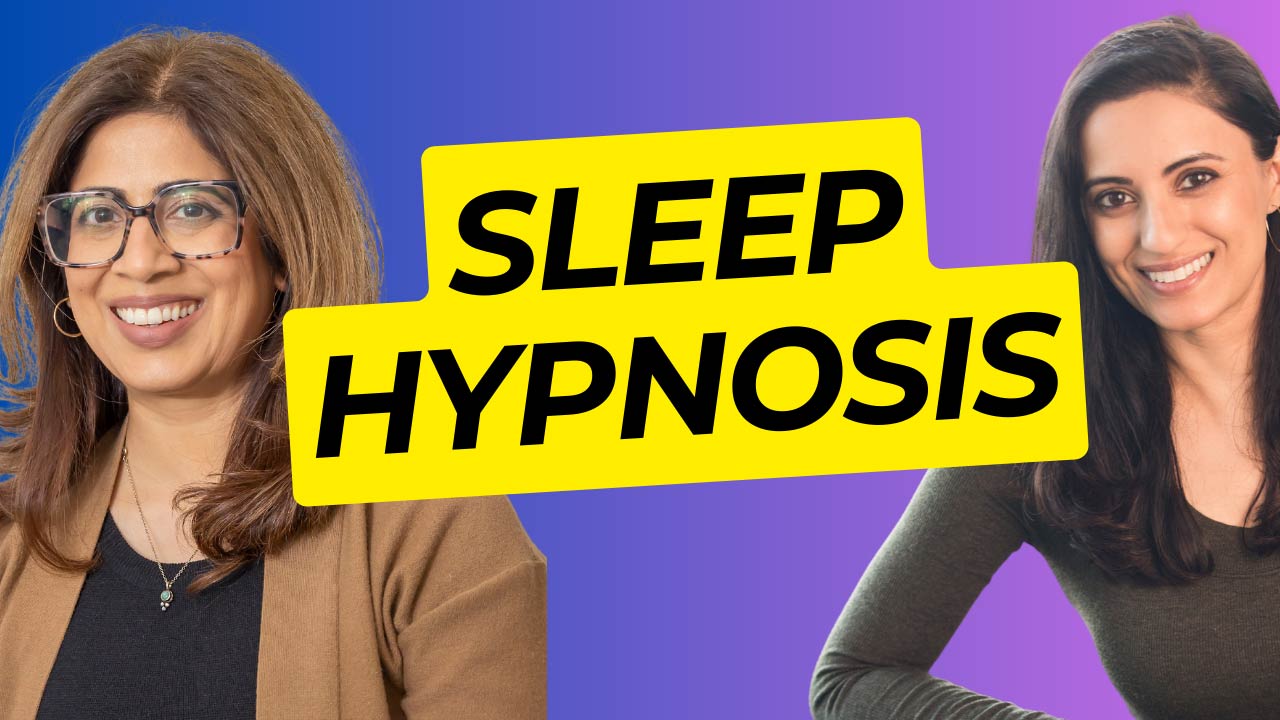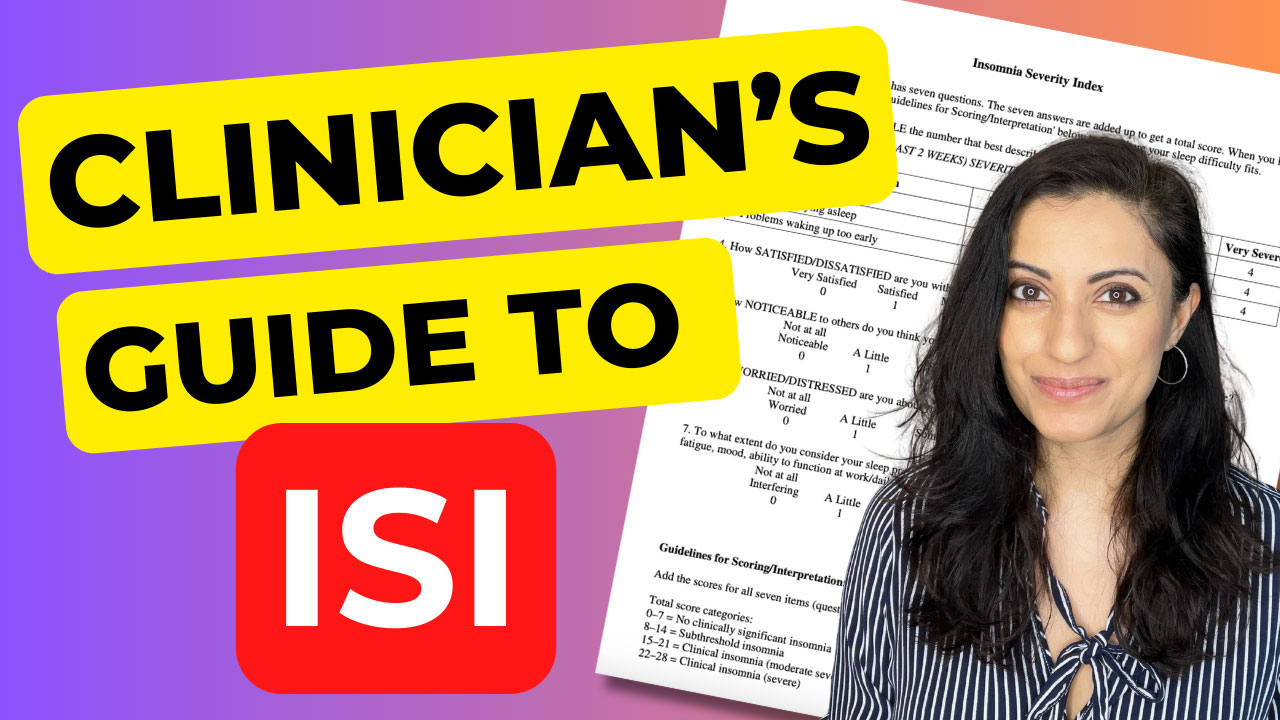My local TJ Maxx is filled with Christmasy “word art” – for example, coffee mugs with phrases like “This is probably wine”, or throw pillows embroidered with “Mommy Needs Merlot.”
It might seem playful, but it subtly reinforces the normalization of using alcohol to cope with stress.
This is known as “mommy wine culture”…and many of your patients may unknowingly be caught in it.
As clinicians, we’re no strangers to the cultural normalization of alcohol as a stress-reliever, including for parents navigating the demands of family life.
However, it’s quite problematic on many levels.
“Mommy wine culture” normalizes unhealthy coping mechanisms and can make it harder for people to recognize the broader impact alcohol has on their mental and physical health – including issues with disrupted sleep, increased anxiety and depression, and a higher risk of dependency.
For patients struggling with chronic stress or burnout, this can perpetuate cycles of exhaustion, poor quality sleep, and poor self-care.
People sometimes ask me if alcohol is really all that bad for sleep, because they feel like it helps them relax and fall asleep more quickly.
While alcohol is sedating, its physiological effects on sleep are far from benign.
Addressing alcohol use is a crucial step in optimizing sleep health for your patients.
3 Things to Know about Alcohol and Sleep
Initial Sedation but Poor Sleep Quality:
- Alcohol reduces sleep latency (time to fall asleep), which may seem beneficial at first, but it suppresses REM sleep.
- Patients may report feeling unrefreshed even after a full night’s rest.
Disrupted Sleep Architecture:
- Alcohol increases slow-wave sleep early in the night but causes a rebound in lighter sleep and awakenings in the second half.
- This fragmentation worsens with higher doses.
Exacerbation of Sleep Disorders:
- Alcohol can worsen conditions such as insomnia, sleep apnea, and restless leg syndrome, creating a vicious cycle.
3 Tips for Addressing Alcohol, Sleep and “Mommy Wine Culture”
Ask Targeted Questions:
- Move beyond general alcohol use inquiries to explore timing, quantity, and the perceived relationship between alcohol and sleep. Examples: “How often do you use alcohol to wind down at night?” and “How does it impact your sleep quality and daytime energy?”
Educate with Empathy: Many people are unaware of the link between alcohol and sleep disruption. Share how even small amounts of alcohol affect sleep stages and quality.
Suggest Substitutes: Recommend alternative evening routines, such as non-alcoholic cocktails (hint – ask ChatGPT for a virgin mojito recipe), herbal teas, or activities without alcohol, to transition away from alcohol use and have other things to look forward to.
Next steps: Encourage people to experiment with reducing or eliminating alcohol for a trial period (i.e. 30 days) and track changes in their sleep using wearables or sleep diaries.
Wishing you a safe and healthy holiday season!



